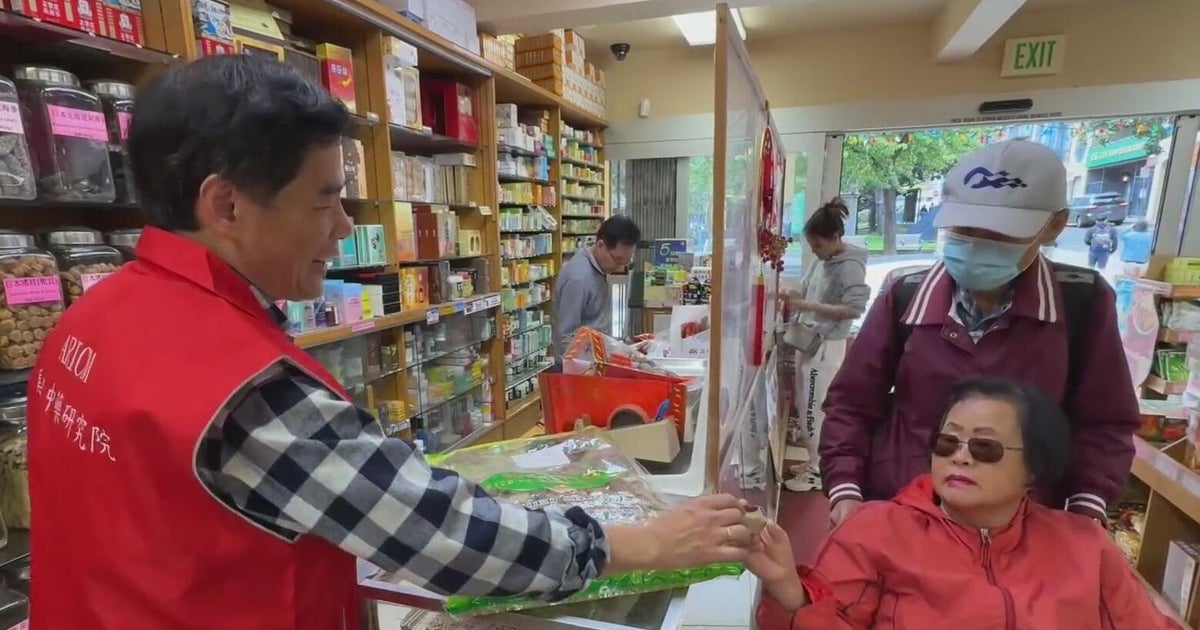SAN FRANCISCO — This week’s announcement of a 90-day tariff pause has San Francisco small businesses in flux.
Some are seeing some immediate shifts, while others are trying to figure out what to do next.
In the wake of Trump’s stop-and-go tariff policies, business owners like Edward Lau are confused about what and when to order from Chinese importers as inventory levels dwindle.
“You don’t know what to do, honestly. You don’t know whether this 90-day (pause) is temporary,” he said.
Customers continuously ask the herbal medicine store operator when prices will stabilize. He readily admits that’s above his pay grade.
Since March, Lau has raised prices while absorbing other costs to remain competitive with similar stores in San Francisco’s Chinatown.
“I would say 10-20% at least for some of the products. But for most of the others, we still are at a price that we paid for before the tariff,” said Lau.
Lau remains anxious, even though tariffs are significantly lower than the previous 145% hike. A decision to purchase too little now could hurt his bottom line if tariffs ramp up again later this year.
“Once you sell out, you stock up. The price we are getting is much higher than what we are (currently) selling for,” said Lau.
Further up the supply chain from Lau, operators of bonded warehouses, where imported goods can be stored without paying duties until they are removed, have seen immediate changes since the tariff pause.
Francisco Garcia, the founder of Lynx Logistics, says requests to remove goods have started.
Container-tracking software provider Vizion also says U.S. container bookings from China surged nearly 300%, soon after the announcement.
But Garcia says many of the larger companies he works with are still asking for long-term bonded storage.
“The big players, the big forwarders, the big direct shippers, are actually asking for more space because these next 90 days are very uncertain,” said Garcia.
Uncertainty for a small player in the supply chain like Lau keeps him twisting in the wind, as he sees the hardship it has created every day.
“I see some of the customers getting so frustrated, saying ‘I can’t afford it,’ ” said Lau.
Even his son has asked whether running a small store is worth it.
“He’s told me I don’t see any future in the United States, even though he was born here. It makes me even more nervous now,” said Lau.
What is certain is the anxiety Lau is dealing with at the bottom of the supply chain, in the midst of a global trade war. The U.S. lowered its tariffs on Chinese imports from 145% to 30%, while China reduced its tariffs on U.S. goods from 125% to 10%.
The agreement is set for 90 days, during which both nations will engage in further trade discussions.









